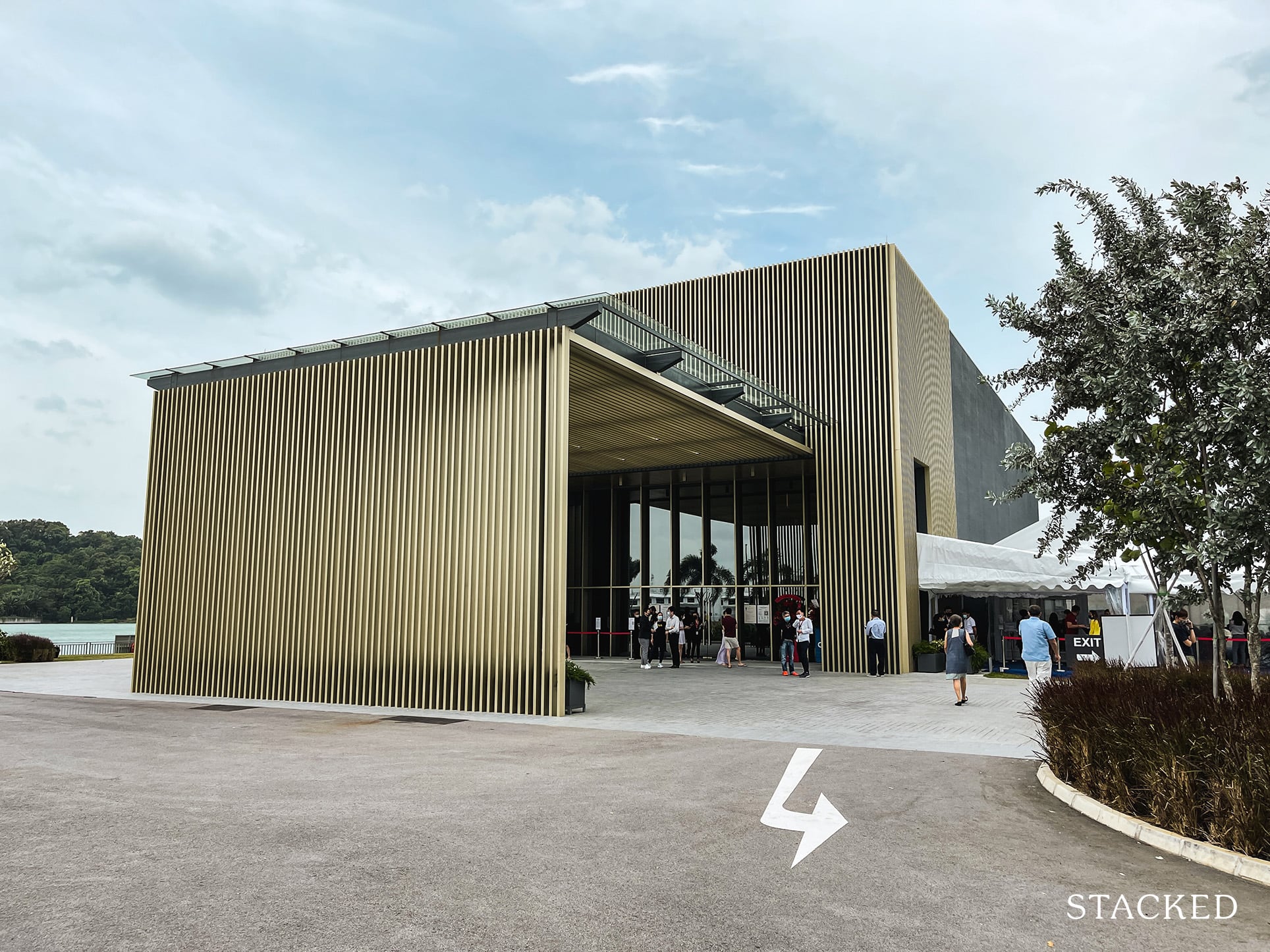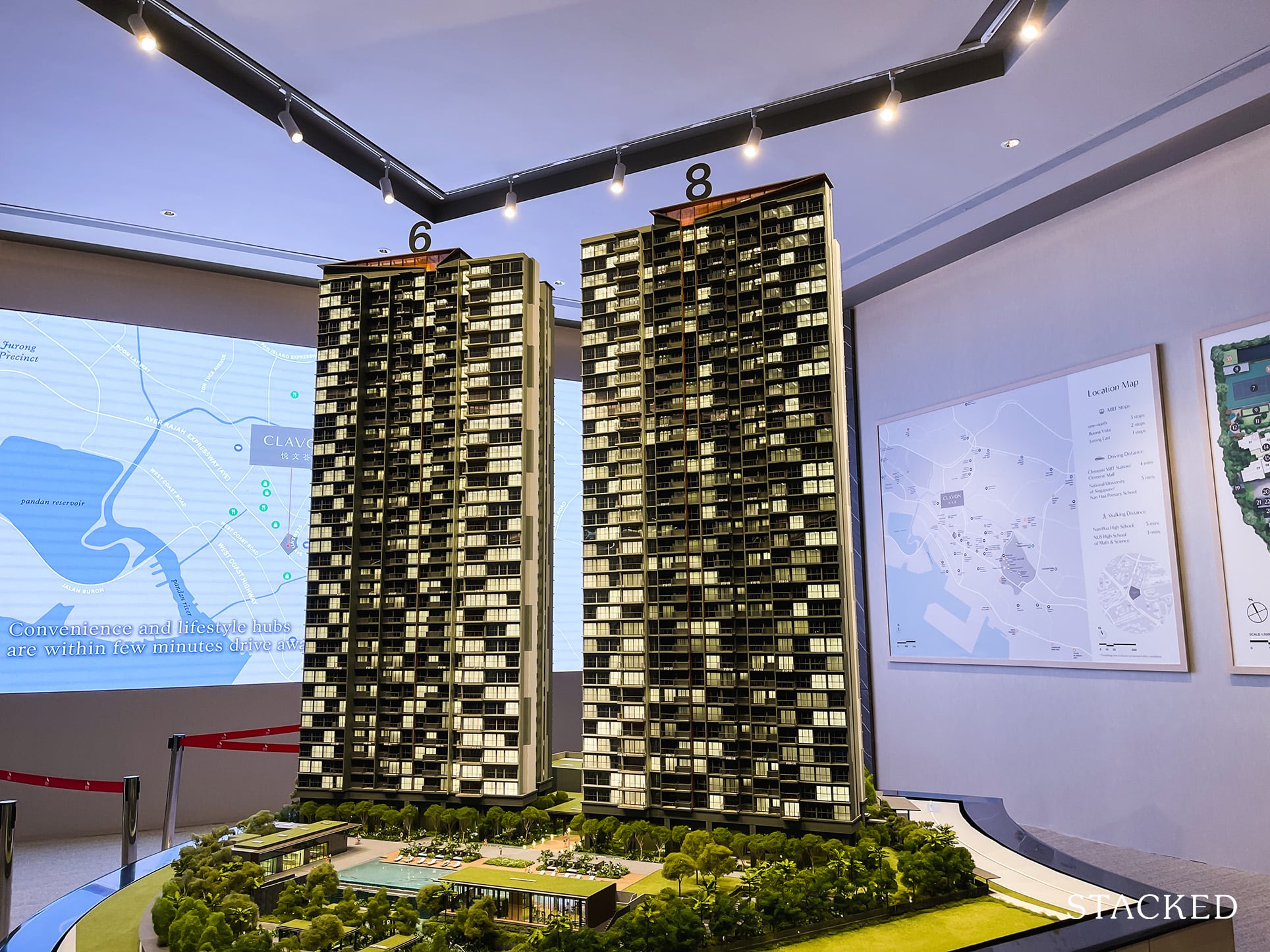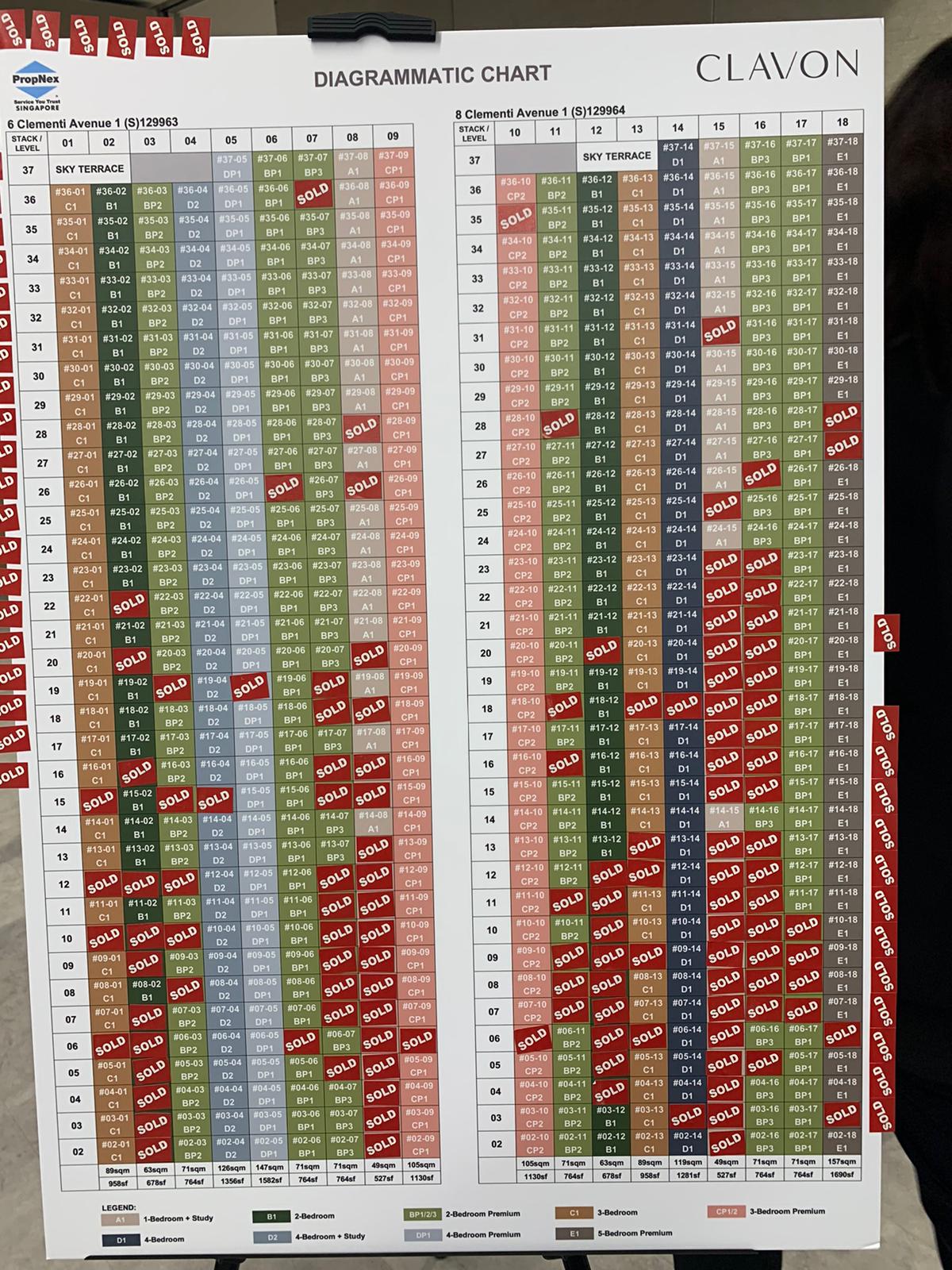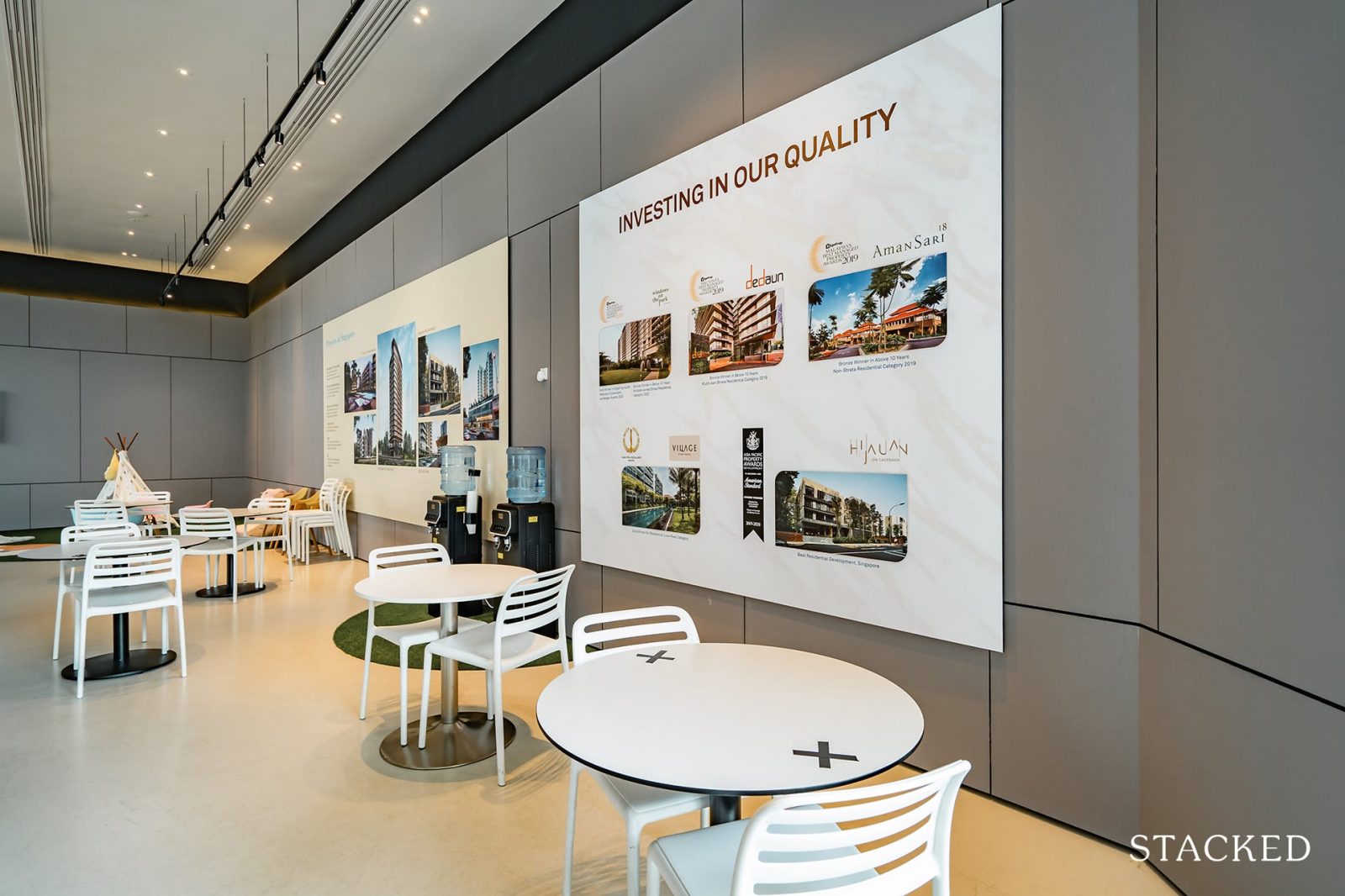How To Be Prepared For Your First New Launch Condo Booking Day (Ballot Process + Timeline)
February 14, 2021

So we’ve seen a number of guides on what to do when hunting for the ‘most suitable’ new launch unit.
We’ve also touched briefly in the past on the timelines of purchasing both new launch and resale condo units.
But what we’ve yet to speak about is the actual ‘Balloting Process’.
To be honest, the process is relatively straight-forward.
It’s really only when it is a popular launch that many first time home buyers might get taken aback on the actual launch day (some have even described it as a fish market).
Still, given this is likely the biggest purchase of your life it is worth having a clearer picture of what the balloting experience is like.
First up, the balloting timeline!
Ballot Timeline
So many readers write in because they're unsure what to do next, and don't know who to trust.
If this sounds familiar, we offer structured 1-to-1 consultations where we walk through your finances, goals, and market options objectively.
No obligation. Just clarity.
Learn more here.
1. Gathering Interest (Few weeks – months prior)
This is essentially the marketing stage.
Also the part where you’ll hear/see radio, TV and print adverts about an ‘Incredible Upcoming New Launch with so and so USPs’.
You might even see some key figures endorsing the development as part of the developer’s marketing push to publicise the new launch condo.
2. Preview Date (2 weeks or so)
Once all the marketing material has been pushed out, it’s time for the developers to open the showflats for potential buyers to view.
(At this stage, it’s important not to be blown away too much by the showflat ID, and to ask the right questions to suit your needs)
This stage usually lasts for 2 weeks, and at the end of each viewing session, visitors will be presented with the option to sign a blank cheque, expressing their interest for any particular units.
Of course, if you don’t get a good ballot number or decide not to go ahead with it after this would get torn up and disposed of accordingly.
(Also remember to secure your AIP prior to this!!)
3. Cheque Collation, Ballot Number Announcement (ie. the Wait-and-Pray stage)
Following the 2-weeks(ish) of showflat previews, the developers will close the showflat for a day or two to collate the blank cheques.
Afterwhich, each cheque will be assigned with a random ballot number (and booking timing) that will be announced to the buyers and their agents just prior to ‘booking day’.
Naturally it is from the ballot number that you can determine if you would be spending your Saturday morning preparing for the biggest purchase of your life, or just having breakfast at your regular hawker centre haunt.
It’s tough to really give you a fixed conclusion on what constitutes a bad ballot number, but let’s look at a recent launch like Clavon for example.

New Launch Condo ReviewsClavon Review: Best 2 Bedroom Layout So Far
by Reuben DhanarajWith 640 total units, a ballot number like 800 would probably be a sleep-at-home-on-Saturday ballot number – especially if you are looking at the usually popular 1 and 2 bedroom units.
If you are looking at the biggest units then this may vary according to demand, so it really depends on the popularity of the individual unit type as well.
Do note that at this point you would still not know the actual prices, and will be reliant on indicative prices to do your research.
So what’s useful here would be to do up a price matrix to have a better idea of the potential range of prices (if the respective agency hasn’t already provided one).

Also remember that prices “starting from” does not mean that there would be a big selection of units at that price range.
For example, Normanton Park was advertising prices starting from $7xx,xxx but a look at the sales caveats show that only one such unit enjoyed such a price.

(Not that that really dampened the resulting sales at Normanton Park).
So if prices turn out higher than expected, your 800 ballot number may still be relevant if you are prepared to pay the higher prices.
It’s only the morning of booking day that prices would be released – hence the agents job to prepare the buyers for the worst and best case scenario beforehand.
The cut off price, choice of stack, high or low floor, and unit picks should all be concluded here.
4. Booking Day (aka Make-or-Break time)
As said above, the actual prices would only be released in the morning before you actually go down.
So your agent will be advising you on your initial selection of units, or perhaps even which to drop or a new one to include.
If for example the price per floor jump is actually better than expected, you could include a wider range of units to choose from. Likewise, if the price per floor jump is higher than expected, you will have to revise your options as well.
Each buyer will be given a time slot based on their ballot number.
In lieu of the Covid-19 measures, potential buyers and agents will no longer have to head down to the actual showflat on booking day.
This is to prevent long queues and overcrowding in one location.
Instead, they would have to head down to their respective agent’s main office (ie. ERA, Propnex, OrangeTee HQs etc.).
Once you’ve arrived at the agency however, things tend to get pretty chaotic (especially so if you’re participating in a hot launch – ie. limited 1-bedders etc).
The best case scenario is that you get a decent (early) ballot number, or that there isn’t too much demand for the development you’re at so you have a little more time to play with.

But there’s no pressure in a not-hot development, so let’s talk about the scenario when the demand for the project is shooting through the roof.
Once your ballot number is called, you will be taken to choose your unit.
What’s important to know here is that you do not have a set amount of time to pick and choose your desired unit – it is first come first served.
And for those thinking that it would be like a glamorous red carpet event given the size of the purchase, it is anything but.
No one will be treating you like a king (except your agent, perhaps), or asking you to take your time. Time is money and there is no truer sense of that saying than at a hot new launch booking day.
Now, that’s not because those at the agency cannot be bothered about customer service – it’s because they are essentially competing with all the other agencies at the same time. Don’t be surprised to see others being turned away because they’ve deliberated for too long.
Some people may feel that the situation is created to be tense on purpose, so that naive buyers may be rushed into committing on a purchase. I’ve seen my fair share of buyers get coerced into buying a property because of the fear of missing out, but I’ve also seen buyers walking away because the units they’ve narrowed down to are sold out. I can’t say that it is a conscious decision on their part, but rather, it is created because of that competition with the other agencies.
Remember, the agencies have their own agenda in that they are competing for the most number of sales. If you are taking an extended amount of time to decide, it just means that the other agencies might be pulling ahead – so it is in their interest to push you to a decision, if not, they want that chance to be moved down the ballot line.
So as an example, if you have zeroed in on #11-01 and it is currently open but you are still deliberating, it can be snapped up at any point at any of the other competing agencies. Hence, the need to be prepared with a range of units that you are interested in.
Even if you have a good ballot number you should absolutely be prepared with second and third choice units. I’m not usually one to sensationalise things, but I think some people might be shocked at just how fast some of these units can move during booking day.
So assuming you are able to secure the unit that you desire (or any alternative units for that matter), this is the moment that you pop in your 5% deposit.
You can find the full payment timeline details here.
Once that’s done, it’s time to head out of the showflat and celebrate (ie. head home and get some sleep because you’d likely have caught none the previous night).
Tips on Making the Right Decision
Before you make your move, you’re likely to face a ton of key calculations in a short period of time – especially if units are going like hotcakes.
These calculations differ from buyer to buyer.
For homeowners, some of the more prominent areas of concern would hinge on orientation of your unit, potential noise-receivance levels, layout-type etc.
For investors, you’d likely be more concerned about cost-price and subsequent rental yield (you’ll also need to factor in rentability, competition and current rental yield in the area).
(Of course, it’s not to say that these factors/concerns will not overlap between both demographics of buyers.)
Ultimately, it’s important to familiarise yourself with your current budget (ie. how much are you willing to stretch) and the project unit details (orientations/layout-types of various units in the project etc.).
It also helps to anticipate how hectic it can actually get on the day itself. Be prepared to tune out as much noise as possible and to just focus on your needs/unit priorities.
If you have this down, then the only real ‘calculation’ you’d need to perform would be that of actual unit prices to ascertain if they are worth purchasing.
Perhaps the easiest tip I will leave you with today is this:
Instead of limiting yourself to just the one unit prior to booking day, pick and analyse a basket of alternate units that you would consider buying (according to your needs).
..Then rank them!
Assuming that they match your budget, then the decision you’d make in that moment would certainly be more educated and less impulsive.
At the same time, if you know that there is a chance of you failing to secure a unit from the start (ie. due to overwhelming demand or a higher than expected price), be prepared to walk away.

Final Words
Perhaps it’s just a mix of emotions, or the rush of adrenaline. But I’ve heard of many people feeling regret coming away from booking day having been rushed into a decision.
They just weren’t well prepared.
FOMO (fear of missing out) is a real thing, and if you aren’t prepared you could very well be one of those being swayed into making a rash decision.
Questions? Unsure about the process? Feel free to reach out to us at stories@stackedhomes.com or leave a comment down below!
At Stacked, we like to look beyond the headlines and surface-level numbers, and focus on how things play out in the real world.
If you’d like to discuss how this applies to your own circumstances, you can reach out for a one-to-one consultation here.
And if you simply have a question or want to share a thought, feel free to write to us at stories@stackedhomes.com — we read every message.
Reuben Dhanaraj
Reuben is a digital nomad gone rogue. An avid traveler, photographer and public speaker, he now resides in Singapore where he has since found a new passion in generating creative and enriching content for Stacked. Outside of work, you’ll find him either relaxing in nature or retreated to his cozy man-cave in quiet contemplation.Need help with a property decision?
Speak to our team →Read next from Property Advice

Property Advice We Sold Our EC And Have $2.6M For Our Next Home: Should We Buy A New Condo Or Resale?

Property Advice We Can Buy Two HDBs Today — Is Waiting For An EC A Mistake?

Property Advice I’m 55, Have No Income, And Own A Fully Paid HDB Flat—Can I Still Buy Another One Before Selling?

Property Advice We’re Upgrading From A 5-Room HDB On A Single Income At 43 — Which Condo Is Safer?
Latest Posts

Pro This 130-Unit Boutique Condo Launched At A Premium — Here’s What 8 Years Revealed About The Winners And Losers

Singapore Property News New Lentor Condo Could Start From $2,700 PSF After Record Land Bid

On The Market A Rare Freehold Conserved Terrace In Cairnhill Is Up For Sale At $16M





































1 Comments
In lieu of the COVID-19 measures…
“In lieu of”: in replacement of, instead of
“In view of”: because of, due to